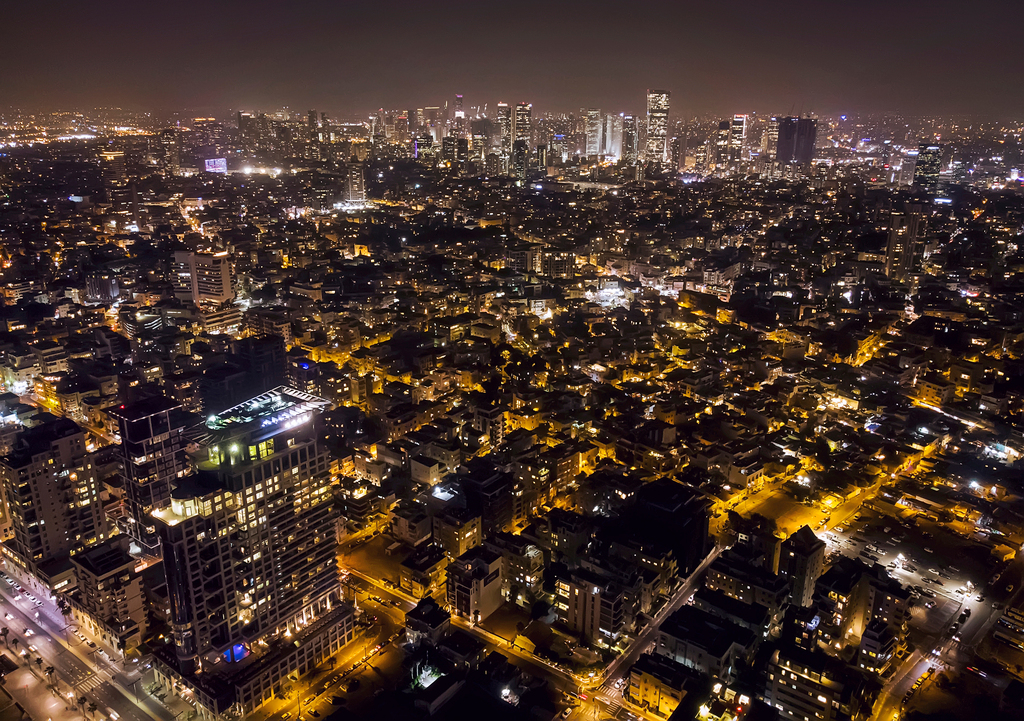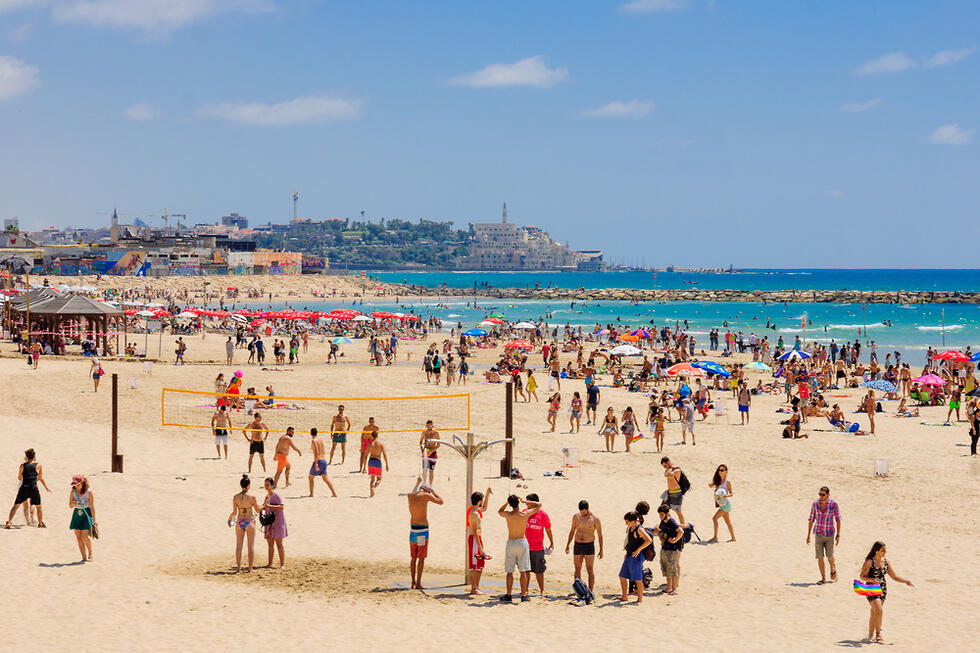There are titles that one should not boast about. One of them is "the most expensive city in the world." Yes, this title was given to Tel Aviv yesterday by the prestigious Economist magazine.
The city in the heart of Israel's largest metropolitan area soared from fifth place last year to first place this year without looking back, thus surpassing not-really-cheap cities like Paris in second place and even New York.
To understand what this means, one only needs to read into years of warnings by travel agents around the world, along the lines of "you know, Israel is very beautiful, but also very expensive."
And it turns out that Tel Aviv is more expensive than the rest of Israel. So why did Tel Aviv win the dubious title in the midst of the coronavirus crisis?
There's a reason the city is also called the "State of Tel Aviv" around other parts of Israel because it is cut off from other cities and towns in the country. After all, where else will you find NIS 40 for an hour's parking?
Where else will you travel through terrible traffic jams in a taxi for two miles in 50 minutes and pay NIS 100, which is more than $30?
Where else will you pay a maid 150 shekels per hour (yes, I've heard of such a price)? Because in Tel Aviv, as in Tel Aviv, everything goes. And if you do not have a parking space and you need to get to the court or the doctor urgently, you will also pay NIS 40 per hour.
Why? Very simple: because Tel Aviv was not planned to be the heart of a metropolis, numbering almost five million people, from Netanya to Gedera. Because Tel Aviv itself is actually a small city, with only 400,000 inhabitants, whose land reserves are running out.
So it is no wonder that a three-room apartment in Tel Aviv is rented out for NIS 8,000 and in Berlin, a similar apartment will be rented out for 600 euros (a little over NIS 2,000) and rent cannot be hiked up beyond a limited rate stipulated by law, which does not exist in Israel.
Most of all, Tel Aviv suffers from inaccessibility
Most of all, the most expensive city in the world suffers from an inaccessibility problem. There are no trains from some of the nearby cities, no subway, not even a light rail.
So almost everyone commutes from morning to night in private vehicles to the city of lights Tel Aviv. And fuel costs money, and traffic jams too.
And since this is the leading city in Israel, the owner of a clothing store admitted that "in Tel Aviv, they will pay me for a suit exactly three times more than in Afula." Because this matter has already taken root in every field. "I bought the shoes in Tel Aviv", "I went to Tel Aviv especially to buy this couch", these are statements that can be heard in almost every field and every day. For a larger selection, with more prestigious products, in a store that pays much more property taxes than in Afula - the price will be much more expensive.
Experts have been warning for years that the cost of living in Tel Aviv is unreasonable. The cost of living is 22% higher than in Berlin, the capital of affluent Germany.
But why though? The huge tax burden that falls on the business sector causes some of the costs and it's not going to get any better in the foreseeable future.
Tel Aviv is a small city that does not enjoy the perks of a metropolis. That is why everything is so expensive, especially real estate.
And then COVID came
The recovery from a year of lockdowns has brought with it a boom of demand which fuels the soaring prices in Tel Aviv. Add to this the particularly high gas prices in Israel, with more than 70% of them being government taxes, and the dizzying rise in sea freight rates, which does not play such a large part in European countries - and we got another good reason for the high cost of living in Tel Aviv.
Add to this the strengthening of the shekel against the dollar as it has become the world's hottest currency in recent months. And that means that an English or American tourist who comes to Tel Aviv will pay much more at the store or the restaurant than in the past.
And don’t get me started on restaurants and cafes. Sitting in a cafe on Montmartre in Paris or on Friedrichstrasse in Berlin should be much more prestigious than sitting on Ibn Gvirol in Tel Aviv. However, you will pay about twice as much for a cup of coffee and cake in Tel Aviv than in other glittering destinations around the world.
A friend from Germany almost fainted two years ago when he was asked to pay NIS 40 for a pint of beer at a pub in Tel Aviv. "It costs us two euros, three tops," said the tourist who became pale upon hearing the price.
The high cost at restaurants is explained by the fact that much of the food is imported. Meat comes from Argentina, salmon from northern Europe and raw materials for sweets arrive by plane from overseas.
Despite the low wages that waiters receive - the prices in the country are also two to three times higher than in an elite restaurant in Madrid or Athens. And there are those who say that Tel Avivians simply do not fight for prices and pay what they are asked.
No, Tel Aviv will not get any cheaper any time soon. The subway is still several years away, the shekel will probably stay strong and the average Tel Avivian probably won't bargain for the price of a beer or a juicy steak. Therefore, it does not look like Tel Aviv will "lose" its place at the top of the most expensive cities in the world in the near future.
And there is only one title that is more dubious and sad than the one Tel Aviv won this week - the last place in the ranking of the most expensive cities, which indicates poverty and backwardness. Damascus holds this title.
First published: 23:24, 12.02.21





